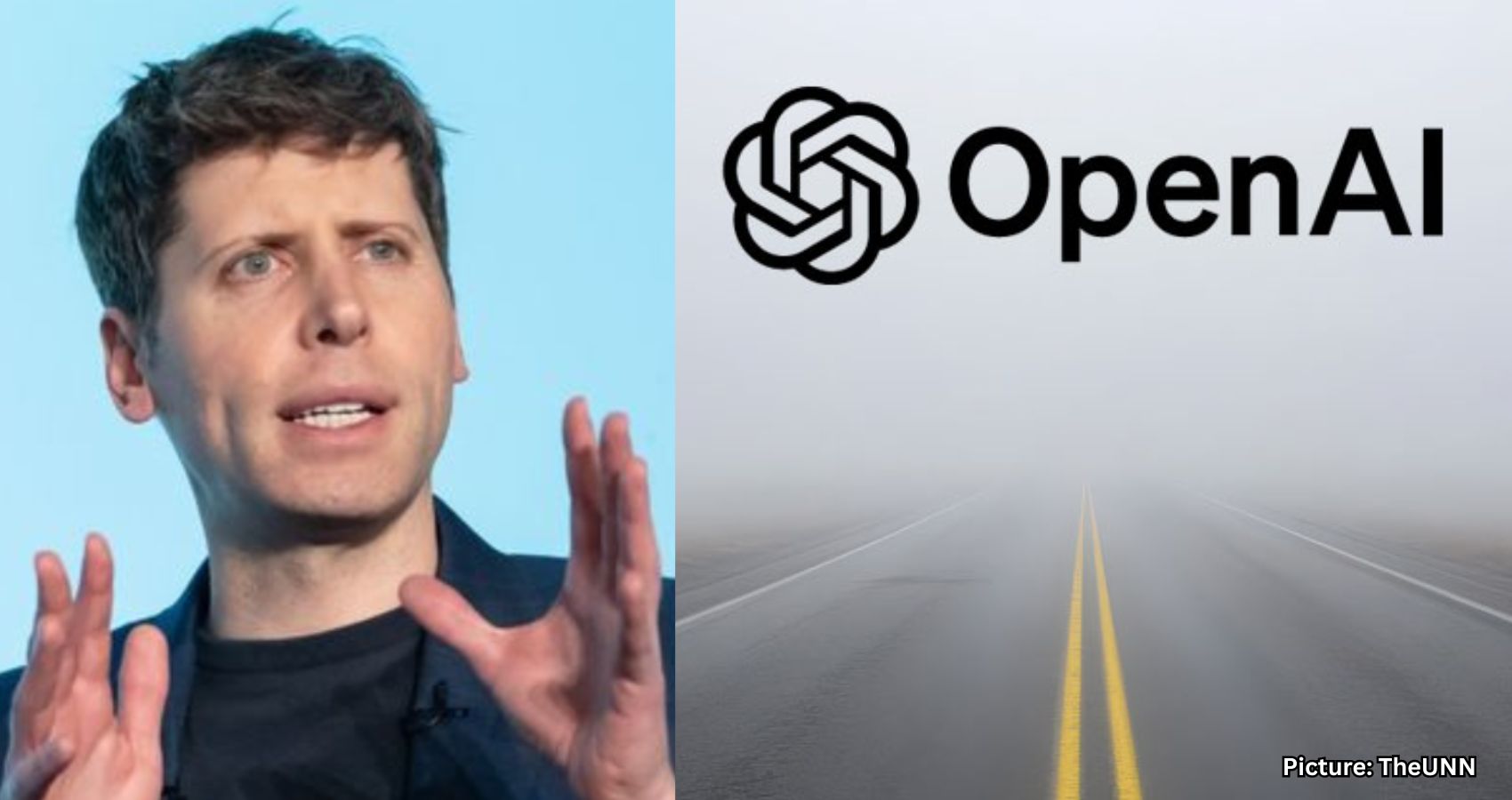OpenAI CEO Sam Altman asserts that artificial intelligence will primarily disrupt the customer service sector, leading to significant changes in the job market.
OpenAI CEO Sam Altman has made a bold prediction regarding the future of the customer service industry, stating that artificial intelligence (AI) will be the primary force behind job displacement in this sector. During a recent appearance on “The Tucker Carlson Show,” Altman expressed his confidence that many customer support roles, particularly those conducted over the phone or online, will be replaced by AI technologies.
“I’m confident that a lot of current customer support that happens over a phone or computer, those people will lose their jobs, and that’ll be better done by an AI,” Altman remarked. He referenced a historical trend, noting that, on average, about 50 percent of jobs undergo significant changes every 75 years. However, he suggested that the current evolution may resemble a “punctuated equilibria moment,” where rapid changes occur in a condensed timeframe.
Altman, a prominent figure in the tech industry, is best known for his leadership at OpenAI, the organization behind the widely recognized AI language model ChatGPT. Born in 1985 in Chicago, he co-founded Loopt, a location-based social networking app, in 2005, which was later acquired. After serving as president of the influential startup accelerator Y Combinator from 2014 to 2019, Altman shifted his focus to artificial intelligence by joining OpenAI, where he has played a crucial role in advancing AI technologies.
Under Altman’s guidance, OpenAI has achieved significant milestones, including the launch of ChatGPT and plans to introduce new, compute-intensive features aimed at exploring the limits of AI capabilities. He predicts that AI agents will increasingly enter the workforce by 2025, fundamentally transforming various industries and enhancing productivity.
Despite his predictions about customer service roles, Altman acknowledges that not all jobs will be susceptible to AI replacement. He believes that positions requiring human connection, such as nursing and emotional support roles, will remain vital. “No matter how good the advice of the AI is or the robot, you’ll really want that,” he explained, emphasizing the importance of human reassurance, especially for vulnerable customers.
However, Altman’s views on the impact of AI on employment are not universally accepted. At a recent Axios event, Anthropic cofounders Dario Amodei and Jack Clark raised concerns about the potential for AI to replace human jobs. “I think it is likely enough to happen that we felt there was a need to warn the world about it and to speak honestly,” Amodei stated.
While the rise of AI may lead to job displacement in certain sectors, it also highlights the evolving nature of work. As technology takes over routine tasks, human workers may find themselves focusing on roles that require empathy, creativity, and complex problem-solving skills. Altman’s perspective underscores the irreplaceable value of human connection in fields such as healthcare and emotional support, suggesting a future where humans and AI collaborate rather than compete.
As the landscape of work continues to change, the conversation around AI’s role in the job market is becoming increasingly critical. Altman’s insights serve as a reminder of the need for ongoing dialogue about the implications of AI advancements on employment and society as a whole.
Source: Original article

